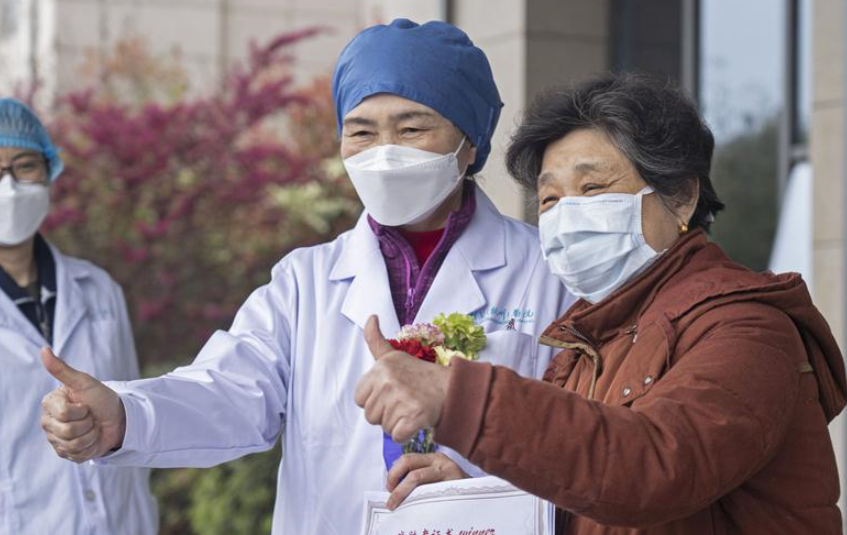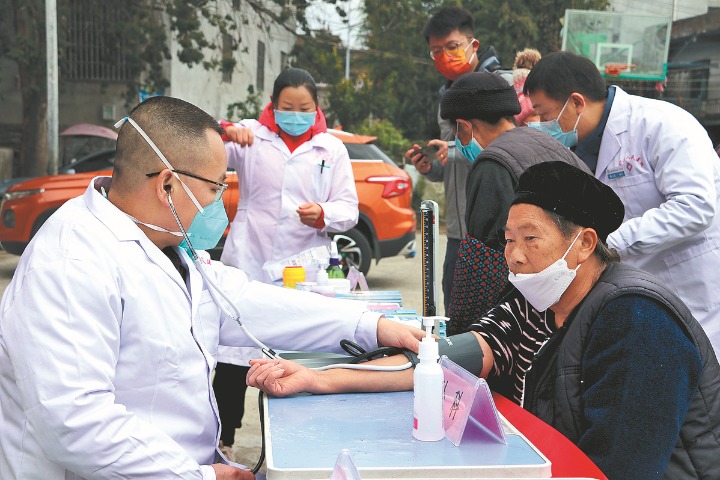Can novel coronavirus stay in the body for years?

Rumor: The novel coronavirus, the pathogen that causes COVID-19, can remain in the body of an infected person for years and requires lifelong medication, as with the infection of hepatitis B, where a patient is a chronic carrier of the virus.
Fact:
The misunderstanding was debunked by Hou Jinlin, an infectious disease physician with Nanfang Hospital in Guangzhou.
Hou said COVID-19, an acute infectious disease, is totally different from hepatitis B, which is a chronic disease. For hepatitis B patients, antibodies are constantly generated to neutralize the viruses.
If antibodies cannot be detected, it is because viruses are constantly replicating and antibodies are generated to neutralize them. Otherwise, it indicates viruses have been deactivated.
For most people, medicine treatment can't cure chronic hepatitis B, only suppressing the replication of the virus. Therefore, most people who start treatment must continue it for life, according to information published by World Health Organization.
COVID-19 is an acute respiratory disease, and the virus won't stay hidden for a lifetime in a person's body once the disease has been cured, Hou said. The novel coronavirus is usually cleared within 14 days if a patient has a strong immune system, and then antibodies will be detected.
Hou added, however, a small amount of the novel coronavirus can still replicate after the antibody has been produced in a person's body, which means patients could still spread the virus to others. Therefore, the production of antibodies shouldn't be regarded as a standard for a patient to get discharged from the hospital.
Patients in China can get discharged after two consecutive negative nucleic acid tests, taken at least 24 hours apart, and by exhibiting indications of clinical recovery, including body temperature, respiratory symptoms and CT lung screening, according to the latest version of diagnostic guidance released by the National Health Commission.
Please feel free to contact us by sending your questions to question@chinadaily.com.cn or commenting on China Daily app. We will ask experts to answer them.














